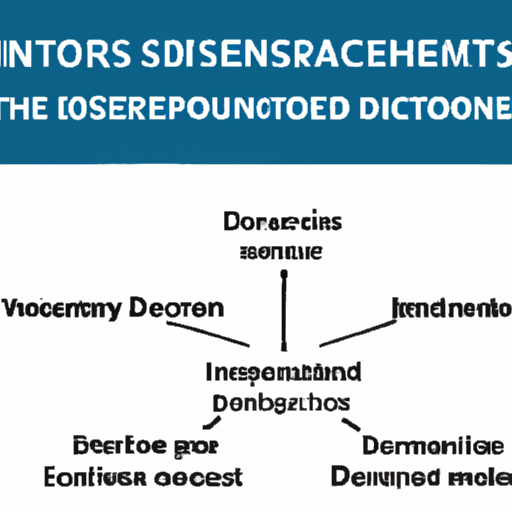

The dedicated sensor scenario includes a wide range of industries that rely on sensors to collect data and monitor various aspects of their operations. These industries include but are not limited to:

2. Healthcare industry: Sensors are used in medical devices to monitor vital signs, track patient movement, and deliver medication. They are also used in wearable devices to track fitness and health metrics.
3. Aerospace industry: Sensors are used in aircraft to monitor engine performance, air pressure, and temperature. They are also used in drones for navigation and surveillance purposes.
4. Manufacturing industry: Sensors are used in manufacturing plants to monitor equipment performance, track inventory, and ensure product quality. They are also used in robotics for automation and precision control.
5. Agriculture industry: Sensors are used in farming equipment to monitor soil moisture, temperature, and nutrient levels. They are also used in drones for crop monitoring and pest control.
6. Energy industry: Sensors are used in power plants to monitor energy production, detect leaks, and ensure safety. They are also used in smart grids for efficient energy distribution.
7. Environmental industry: Sensors are used to monitor air quality, water pollution, and weather conditions. They are also used in wildlife tracking and conservation efforts.
8. Retail industry: Sensors are used in stores to track inventory levels, monitor customer traffic, and analyze shopping patterns. They are also used in smart shelves for automatic restocking.
9. Security industry: Sensors are used in surveillance cameras, motion detectors, and access control systems to monitor and protect properties. They are also used in biometric scanners for identity verification.
10. Transportation industry: Sensors are used in traffic lights, toll booths, and vehicle tracking systems to monitor traffic flow and ensure safety. They are also used in public transportation for route optimization and passenger safety.
In conclusion, the dedicated sensor scenario encompasses a wide range of industries that rely on sensors for data collection, monitoring, and control. As technology continues to advance, the use of sensors will only become more prevalent in various sectors, leading to increased efficiency, safety, and innovation.
The dedicated sensor scenario includes a wide range of industries that rely on sensors to collect data and monitor various aspects of their operations. These industries include but are not limited to:

2. Healthcare industry: Sensors are used in medical devices to monitor vital signs, track patient movement, and deliver medication. They are also used in wearable devices to track fitness and health metrics.
3. Aerospace industry: Sensors are used in aircraft to monitor engine performance, air pressure, and temperature. They are also used in drones for navigation and surveillance purposes.
4. Manufacturing industry: Sensors are used in manufacturing plants to monitor equipment performance, track inventory, and ensure product quality. They are also used in robotics for automation and precision control.
5. Agriculture industry: Sensors are used in farming equipment to monitor soil moisture, temperature, and nutrient levels. They are also used in drones for crop monitoring and pest control.
6. Energy industry: Sensors are used in power plants to monitor energy production, detect leaks, and ensure safety. They are also used in smart grids for efficient energy distribution.
7. Environmental industry: Sensors are used to monitor air quality, water pollution, and weather conditions. They are also used in wildlife tracking and conservation efforts.
8. Retail industry: Sensors are used in stores to track inventory levels, monitor customer traffic, and analyze shopping patterns. They are also used in smart shelves for automatic restocking.
9. Security industry: Sensors are used in surveillance cameras, motion detectors, and access control systems to monitor and protect properties. They are also used in biometric scanners for identity verification.
10. Transportation industry: Sensors are used in traffic lights, toll booths, and vehicle tracking systems to monitor traffic flow and ensure safety. They are also used in public transportation for route optimization and passenger safety.
In conclusion, the dedicated sensor scenario encompasses a wide range of industries that rely on sensors for data collection, monitoring, and control. As technology continues to advance, the use of sensors will only become more prevalent in various sectors, leading to increased efficiency, safety, and innovation.